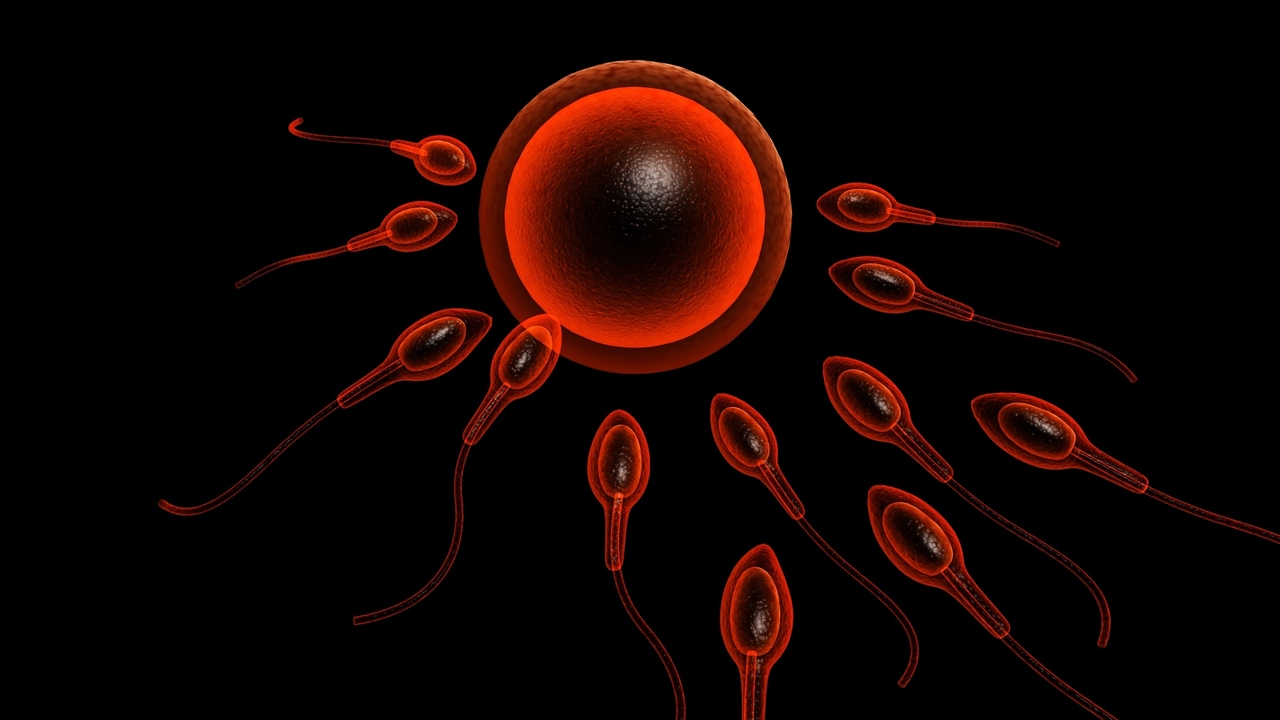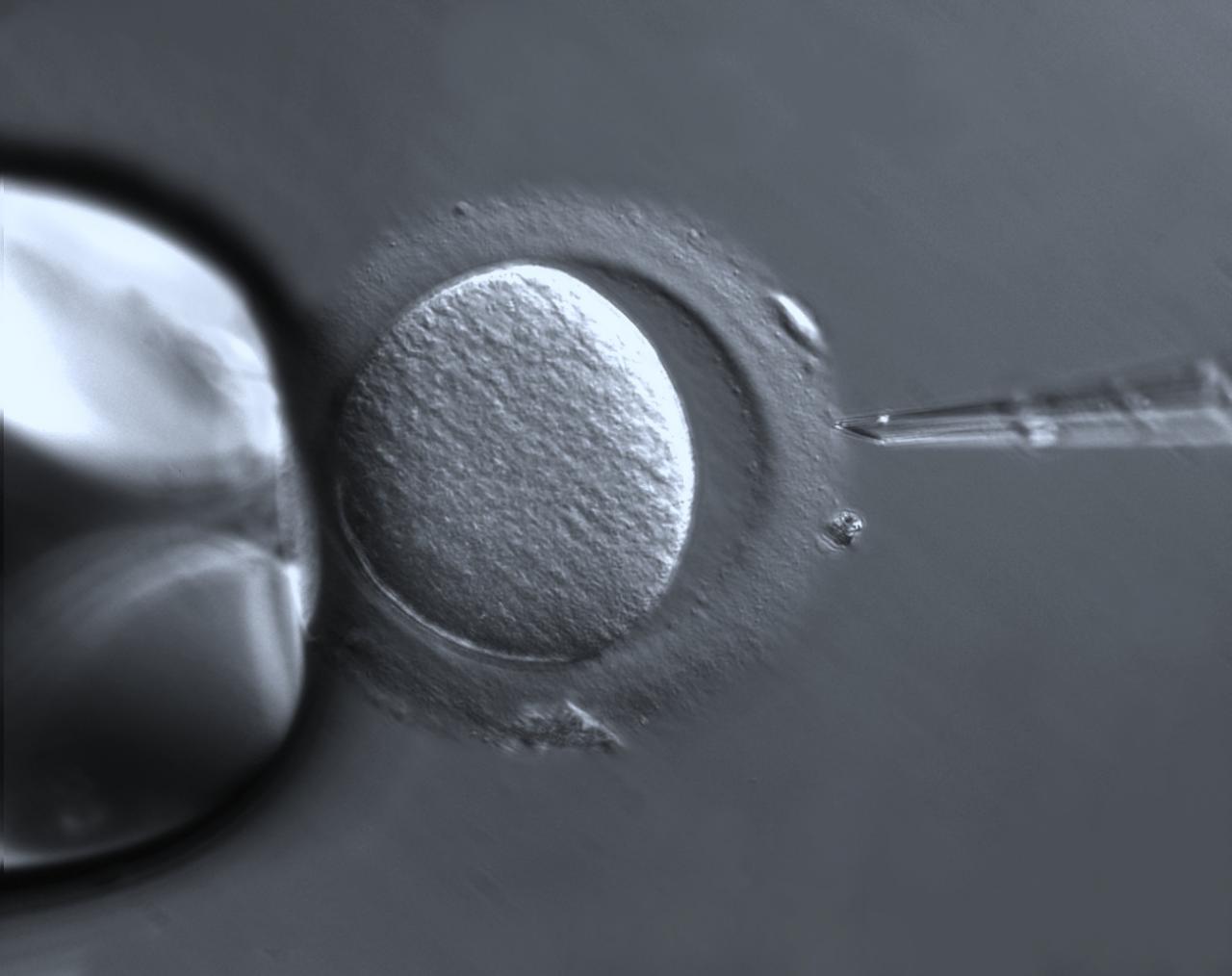 Divakaran Dileep/PhotoSpin
Divakaran Dileep/PhotoSpin
When it comes to infertility, there are a lot of misconceptions.
For example, it might be easy to assume that your friend’s stressful job is preventing her from having a baby, or your 36-year-old overweight cousin can’t get pregnant just because of her weight and age.
For sure, all of these can be contributing factors to infertility, but they’re certainly not the main cause in most cases. To put some assumptions to rest, experts have shared some important facts about infertility that you should know.
1) Infertility is a fairly common problem. In fact, around 6.1 million, or 10 percent, of women ages 15 to 44 in the United States have problems with infertility, according to the Office on Women’s Health.
2) Both men and women are affected equally by infertility, according to Dr. Kajaal Patel, a Walgreens director for fertility preservation work.
3) The official diagnosis of infertility is given after a woman has been unable to have a baby after a year of unprotected sex, Patel said. However, women who are 35 or older are often considered to be infertile if they are unable to conceive after six months.
4) There are many factors that can be associated with infertility, including sexually transmitted diseases, autoimmune disorders, cancer treatment, body weight and smoking, she added.
5) Hormonal issues, tubal blockage, ovulation dysfunction, uterine abnormalities and age may also contribute to infertility, Patel said.
6) In many cases, infertility issues can be pinpointed and addressed, and women can eventually overcome these issues and have children, according to Dr. Francisco Arredondo of Reproductive Medicine Associates of Texas.
7) Fertility tests may include various types of blood work to check hormone levels, samples from the male partner, and a hysterosalpingogram, or HSG, to check out the fallopian tubes, Arredondo said.
8) Many infertility cases are associated with some type of ovulatory discrepancy, which can be caused by polycystic ovary syndrome (PCOS) or irregular ovulation, he added.
9) Dr. Jane Frederick, the medical director of HRC Fertility in California offers some recommendations. Don’t neglect to take care of your mind and body while dealing with infertility issues. Maintain a healthy diet and exercise regimen. Minimize your stress. Eliminate alcohol, caffeine and smoking.
10) Common treatment options for infertility related to endometriosis and other issues include a variety of medications (oral or injectable), ovulation inducton (OI), intrauterine insemination (IUI) and in vitro fertilization (IVF), according to Dr. Susan Hudson, the CEO and founder of the Fertility Institute of Texas.
Sources:
Patel, Kajaal. Email interview. July 22, 2015.
Office on Women’s Health. Womenshealth.gov. Is infertility a common problem? Web. August 14, 2015.
http://www.womenshealth.gov/publications/our-publications/fact-sheet/infertility.html#b
Arredondo, Francisco. Email interview. July 17, 2015.
http://rmatxaustin.wpengine.com/physicians/francisco-arredondo-md-mph
Frederick, Jane. Email interview. July 20, 2015.
http://janefrederickmd.com
Hudson, Susan. Email interview. July 20, 2015.
http://fertility-texas.com/team
Reviewed August 18, 2015
by Michele Blacksberg RN
Edited by Jody Smith





Add a Comment2 Comments
I was having nothing but pain and a tearing feeling with intercourse 8 months after my natural delivery. I complained to my OB at least 4 times and he just looked and said it looked just like any vagina that had given birth, examined it including a finger up my asshole and sent me on my way. No, my pain apparently isn't cause for concern. I just hate intercourse and never want any so am making my marriage more strained.. And right from the clinic I went to, a woman meant me and advise me to try herbal medication and she gave me the contact email of DR EKA ([email protected])whom she feel his herbal medication will assist me and when I got home I contact him and he requested for the needed information that will enable him send me his herbal medication after preparation. Now iam a free and healthy and the sometime enjoy sex which was off my life……..what a great relief?
September 13, 2015 - 1:14amThis Comment
Yes, it is definitely more common than people think. I myself had struggled to get pregnant and it took about a year to do so. Before I went for more drastic/artificial treatment, I really wanted to explore all-natural ones options first. After a few months of taking conceiveeasy, I was able to get pregnant on my own. But the whole thing was a struggle as it was such a roller coaster of emotion!
August 19, 2015 - 12:17pmThis Comment